AI, Ethics and Management
The sub-cluster AI, ethics and management group aims to explore the multiple and variegated connections between AI design and use, and their ethical implications, in the context of public and private organizations. Through the questioning of ubiquitous AI to raise critical awareness and then communicating research findings to people who are most impacted by AI technologies before subsequently informing the design of policies and solutions, this group seeks to define new teaching and research opportunities with existing programs in SUTD, and to forge new collaborative ventures with external institutions and enterprises in the interdisciplinary area of AI, ethics and management.
About HASS Research
The Humanities, Arts, and Social Sciences (HASS) at SUTD offers an integrated and interdisciplinary approach to tackling complex global challenges. By deepening our understanding of human behaviour, societies, and cultures, our goal is to promote responsible innovation. Through a synergy of expert knowledge from diverse fields—such as psychology, sociology, economics, history, literature, and the arts—HASS contributes to the creation of solutions that are human-centred and impactful.
We have established four key synergistic focus areas that integrate our expertise across fields:
- Population Health and Wellbeing,
- AI, Ethics and Management
- Green Economy and Sustainability
- Human Flourishing.
These focus areas align closely with SUTD’s four key growth sectors—healthcare, urban science, AI and data science, and aviation and connectivity—creating a cohesive framework that integrates humanities and social sciences into the university’s broader goals. By identifying synergies and commonalities, HASS aims to advance a holistic understanding of global challenges, building capacity and fostering innovation across these critical areas.
